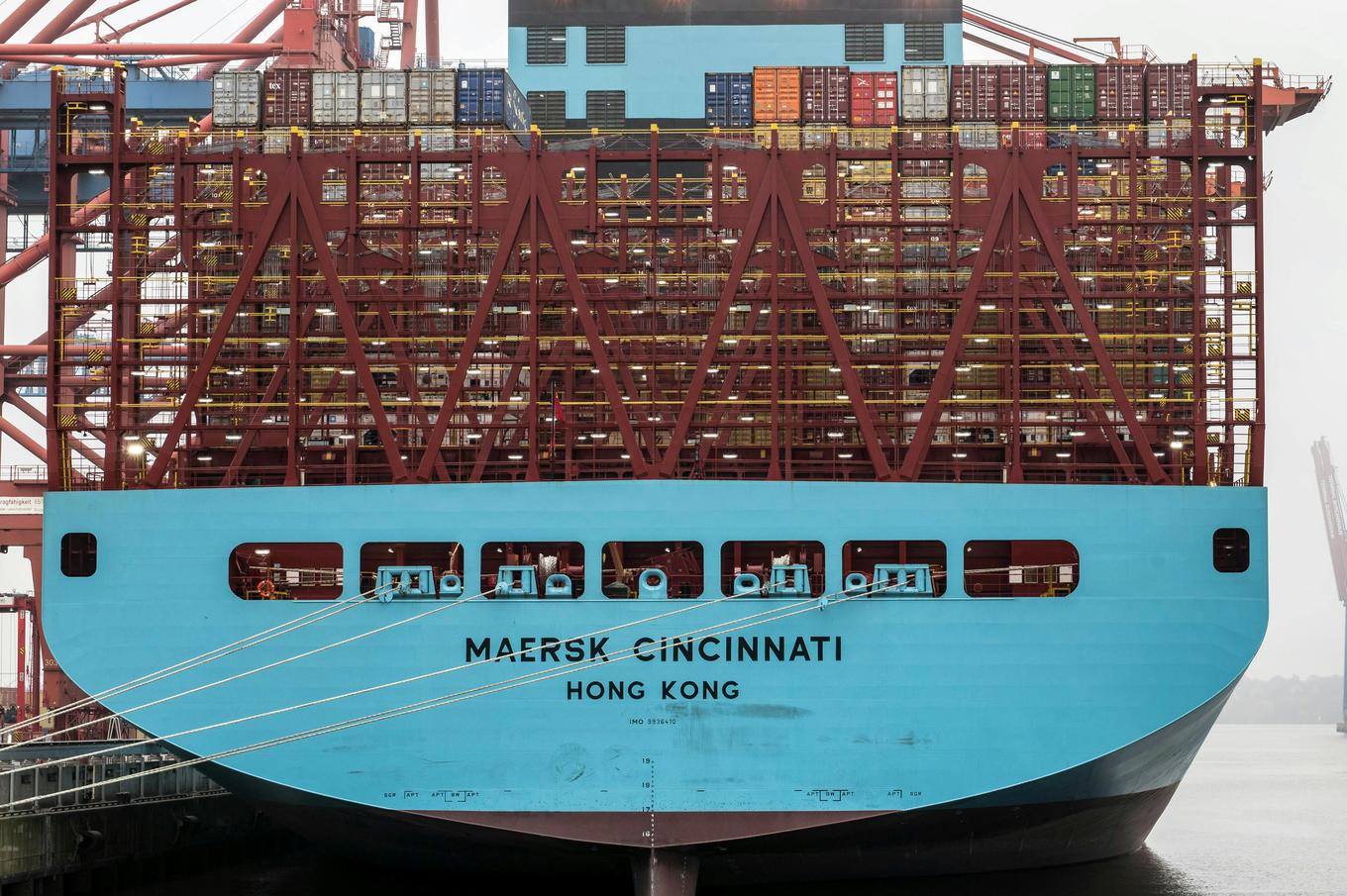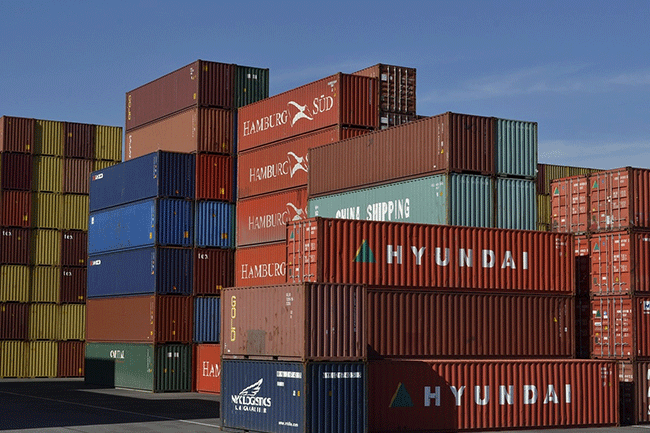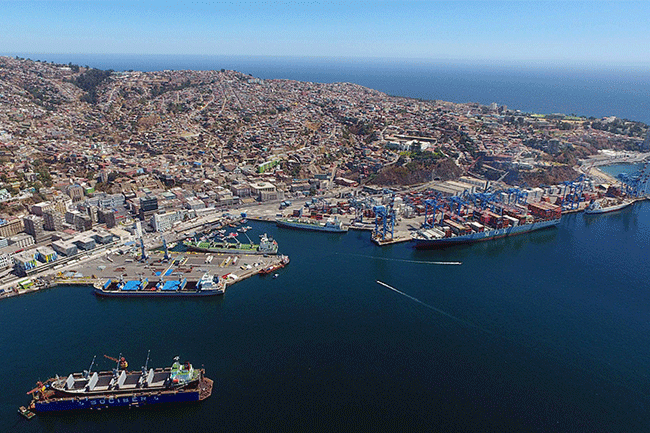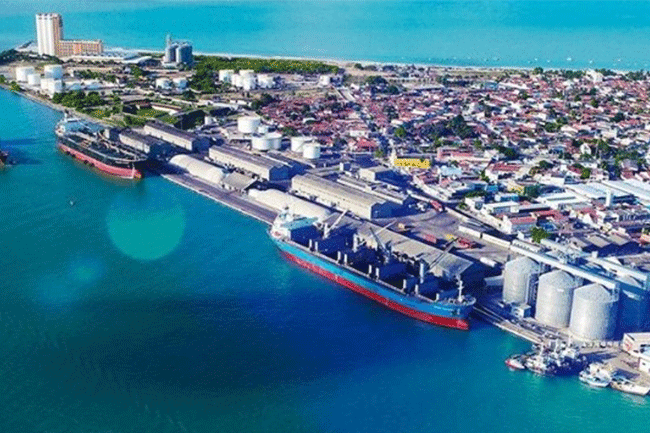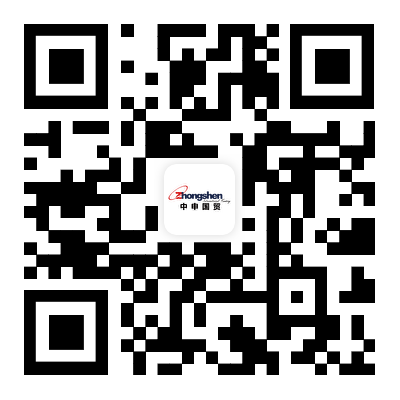- Shanghai Zhongshen International Trading Co., Ltd. – Your reliable partner with 20 years of import/export agency service expertise.

German chocolateImport Agent ServicesThe core value: Professional services throughout the entire process
Against the backdrop of the continuous growth in Sino-German food trade, German chocolate has become a "star category" in China's imported food market due to its high cocoa content, strict quality control, and unique production processes. However, the import process involves multiple steps such as document compliance, logistics coordination, and customs declaration, which makes it easy for non-professional enterprises to face risks such as return orders, port congestion, and tariff disputes. As a company with deep expertise in this field,Export Agent ServicesAs a professional service provider with 20 years of experience, we focus on "zero errors in documents, full logistics chain, and strong compliance protection" to provide clients with a full-cycle agency service from consultation to feedback, significantly reducing import costs and time losses.
The Opportunities and Challenges of German Chocolate Imports in the Context of International Trade
In 2023, the total trade volume between China and Germany exceeded 260 billion euros, with food imports increasing by 18% year-on-year. German chocolate has continued to gain recognition in the Chinese market thanks to its EU Protected Geographical Indication (PGI) certification and strict EU FIC (EU Food Information Regulation) supervision. However, opportunities come with challenges: the new EU Customs Code implemented from 2024 has strengthened the requirements for traceability of imported food, requiring more detailed production batch records; Chinese customs has become stricter in label review of imported food (such as the GB 7718 General Standards for Prepackaged Food Labeling), insisting that ingredient lists and country of origin information must comply with regulations 100%; in addition, global regulations on food safety are becoming increasingly stringent.Maritime transportPrice fluctuations (with freight rates on Asia-Europe routes rising by 12% in the first half of 2024 compared to the same period in 2023) and port congestion (such as the average waiting time at the Port of Rotterdam increasing to 48 hours) have placed higher demands on logistics efficiency.
Document processing: The "lifeline" of import compliance
Documentation is the core basis for customs clearance, tax deduction, and subsequent sales. The document processing capabilities of professional agents directly determine the efficiency of imports. For German chocolate, we focus on controlling the following documents:
- Basic commercial documents: Commerical invoice (with the CIF price and the detailed information of freight and insurance premiums), packing list (indicating the net weight and specifications of each box), bill of lading (choosing a clean bill of lading for maritime transportation).Air freightPlease note that the sub-waybill and the main waybill need to be matched with each other.
- Origin CertificateCertificate: China and Germany are both members of the WTO, and they can apply for a Certificate of Origin (CO) to enjoy the most-favored-nation tariff (8%). However, if the goods involved are subject to additional tariffs, the CO may not be applicable.China-Europe Railway ExpressFor transportation, it is recommended to apply for an EUR.1 certificate of origin, which can expedite customs clearance at some ports.
- Health and quality inspection documents: The phytosanitary certificate issued by German authorities must explicitly state that it "complies with the EU Food Hygiene Regulation (EC 852/2004)", and the certificate of analysis (COA) must include key indicators such as cocoa butter content and food additives (e.g., emulsifier E476).
- Special documents: If it is organic chocolate, you need to provide a copy of the EU organic certification (EC 834/2007) or the Chinese organic certification (CQC) (the client needs to handle it on their own).
Our professional team will complete the pre-review of documents before the goods are shipped, require exporters to correct ambiguous expressions (such as "similar specifications"), provide official translations for multilingual documents (such as German health certificates), and ensure that the goods pass through customs smoothly. This helps to avoid delays in port clearance due to document issues (with daily port detention fees amounting to approximately $500-1000).
Logistics Management: Full-chain control from the German factory to the Chinese warehouse
Logistics is the "second battlefield" of import agents, involving professional operations such as transportation mode selection, node monitoring, and risk hedging. For German chocolate (with a melting point of about 34°C, requiring constant temperature transportation), we provide customized logistics solutions:
- Transportation method: For small batches (≤2,000 kg), air freight is recommended (Frankfurt-Shanghai, delivery time 4-5 days), using temperature-controlled containers (temperature 20-25°C); for large batches (≥10 tons), ocean freight in full containers (FCL) is preferred. When booking the shipment, it is necessary to specify "refrigerated containers (Reefer)" and indicate "temperature setting 22°C" on the bill of lading.
- Node monitoring: Through the logistics tracking system (such as the Maersk remote monitoring platform), real-time information about the temperature and location of the containers can be obtained. After the goods are picked up from the German factory, the logistics progress (including the estimated time of arrival ETA) will be synchronized and pushed. Customs declaration pre-registration will be completed three days before arrival to ensure that the declaration can be made as soon as the ship arrives.
- Risk Control: Under the CIF terms, we insure our clients for "All Risks + Temperature Fluctuation Additional Insurance", which covers melting losses caused by temperature control failure during transportation. In the event of port congestion (such as the Hamburg port strike in 2023), we quickly coordinate to transfer the shipment to another port (e.g., Antwerp port) and adjust the transportation route to minimize the impact on delivery time.
Expansion of business with Russia: VTBConvert foreign exchange into RMBAdvantages to Support Cross-Border Payments
Some clients are involved in re-exporting to Russia or supply chain cooperation (such as purchasing German chocolate through Russian distributors), in which case, the efficiency and compliance of foreign exchange settlement are of utmost importance. We have established long-term cooperation with VTB Bank (Sberbank of Russia) to provide two major advantages in foreign exchange settlement:
- Settlement efficiency: VTB, as a systemically important bank in Russia, has direct clearing channels with major Chinese banks (such as Bank of China and ICBC), which shortens the time for T/T payments to arrive to 1-2 working days (while it usually takes 3-5 days for Russian banks to process such payments).
- Compliance guarantee: Strictly follow the screening of the OFAC (Office of Foreign Assets Control of the US Treasury Department) and the EU sanctions list, and provide early warnings for transactions involving sanctioned entities to avoid the risk of account freezing caused by "secondary sanctions".
Certification Reminder: Key Steps That Customers Must Complete Independently
Please note: We do not provide product certification services, but we will inform our clients in advance of the certification requirements they need to complete independently, to avoid any impact on customs clearance and sales.
- China Customs Requirements: Before importing, it is necessary to register the imported food with the National Import and Export Commodity Inspection and Quarantine Bureau. The registration process includes completing the registration form, submitting the relevant documents and materials, and obtaining the import license. After obtaining the import license, the importer can proceed with the import of the food.CosmeticsImport and exportComplete the importer registration in the "Trade Registration System" (the enterprise handles it by itself, and the process takes about 5 working days);
- Sales Compliance: Pre-packaged chocolate must be labeled in Chinese (including the ingredient list, production date, shelf life, and the information of the domestic agent), and the label must be approved by the customs (it can be pre-audited by a third-party testing agency, with the cost ranging from about 2,000 to 3,000 yuan).
- Special market demands: If targeting the Muslim market, it is necessary to provide HALAL certification (issued by JAKIM in Malaysia or MUI in Indonesia); if claiming "low sugar", it is required to provide a nutritional claim test report that complies with GB 28050.
Detailed explanation of the entire process of agency services: Control every step from consultation to feedback in 10 steps
Our services strictly adhere to the "9-Step Standard Process", ensuring that every step is professionally controlled and executed with precision.
- Client Consultation: Determine the scope of services based on the requirement questionnaire (including import volume, target ports, and sales channels), such as "whether assistance is needed in contacting German suppliers" and "whether domestic warehousing and distribution is required".
- Negotiation and Contract Signing: Review the key terms of the contract (trade terms are recommended to be CIF Shanghai to avoid the risk of shipment delays under FOB terms; the payment method is recommended to be 30% prepayment + 70% upon receipt of the bill of lading copy, to reduce the financial risk).
- Orders & Payment: Throughforeign tradeThe comprehensive service platform (such as Ali Express) completes the foreign exchange payment and locks in the spot exchange rate (to avoid losses from exchange rate fluctuations);
- Production supervision: If requested by the client, we can entrust a local third-party organization in Germany (such as SGS) to conduct pre-shipment sampling inspections (with a focus on verifying cocoa content and microbiological indicators).
- Logistics Management: After booking the shipping space, we will provide the "Seven Logistics Documents" (booking form, cut-off notice, warehouse number, customs declaration list, insurance policy, temperature monitoring record, and ETA forecast).
- Customs Compliance: Pre-categorize the HS code (chocolate products are usually 1806.3100, with an 8% tariff and a 13% value-added tax), calculate the comprehensive tax rate (1+8%)*(1+13%)-1=22.04%, and assist in preparing price declaration materials (such as purchase contracts and payment vouchers) to address customs valuation disputes;
- Delivery and Distribution: After customs clearance, we will arrange domestic cold-chain transportation (all cooperative fleets are equipped with GPS temperature control monitoring systems) and offer door-to-door delivery or storage in the client's designated warehouse.
- Quality Assurance: After the goods arrive, assist the client in sampling and sending the samples for inspection (recommended to China Inspection and Certification Group CCIC). If any damage to the goods is found (such as melting during transportation), assist in making a claim against the insurance company (with an average claim settlement period of 15-20 days);
- Summary Feedback: Provide the "Full-Process Import Report" (including logistics efficiency, cost structure, and a list of archived documents), and assist clients in optimizing their next batch of import plans (such as adjusting the port of departure to reduce shipping costs).
Conclusion: The import of German chocolate poses a dual challenge of technology and experience. By selecting a professional agency service provider, customs clearance time can be shortened from the industry average of 15 days to 7-10 days, and the error rate of documents can be reduced from 12% to 0.5%, truly achieving "time-saving, effort-saving, and cost-saving". We always adhere to the principle of "compliance-based and service-oriented", helping more enterprises share the sweet business opportunities of German chocolate.
? 2025. All Rights Reserved.
